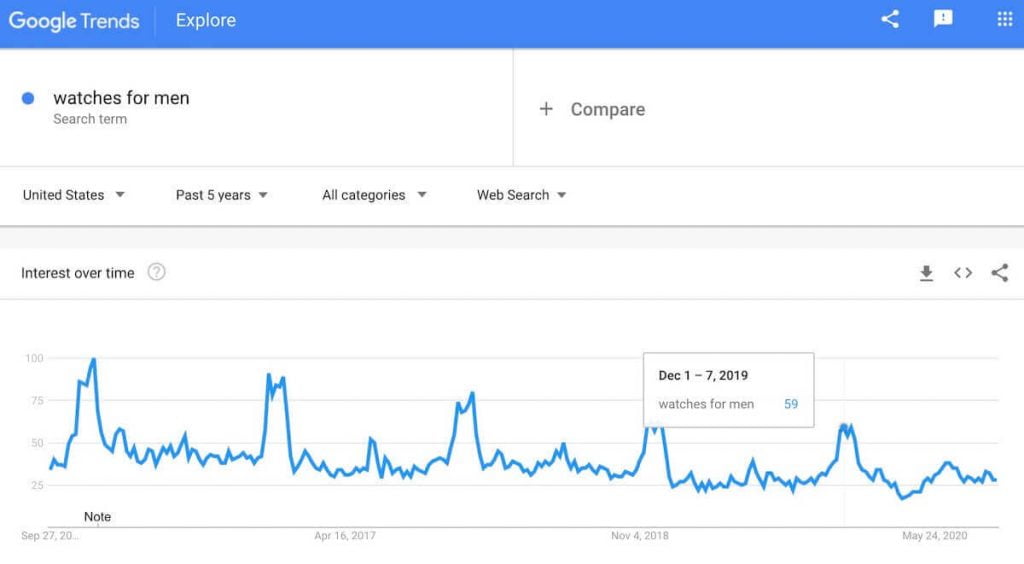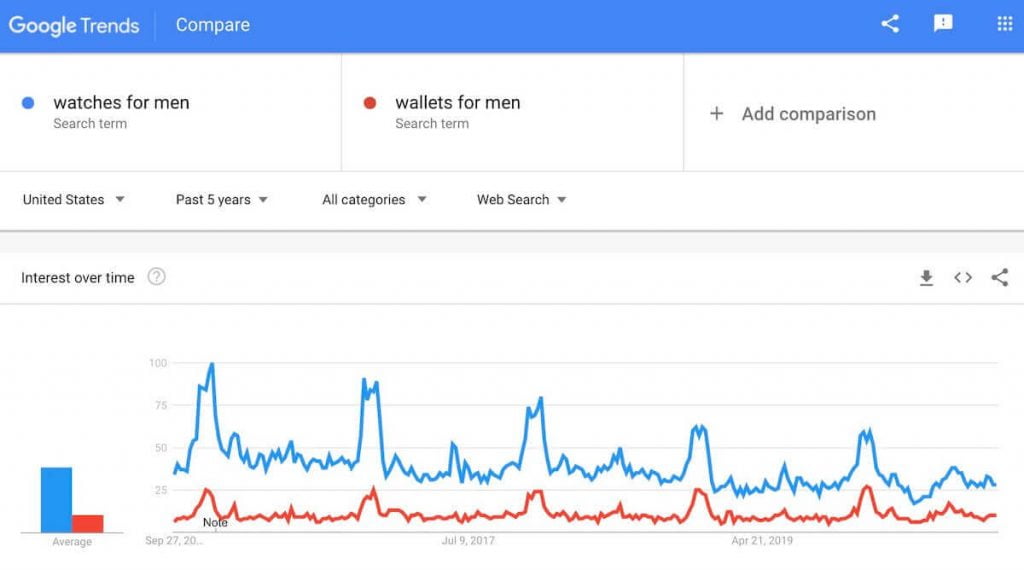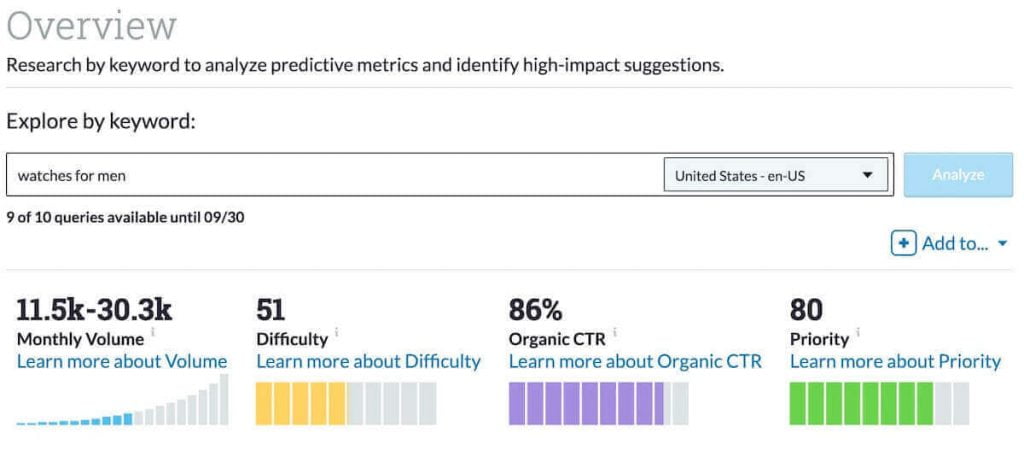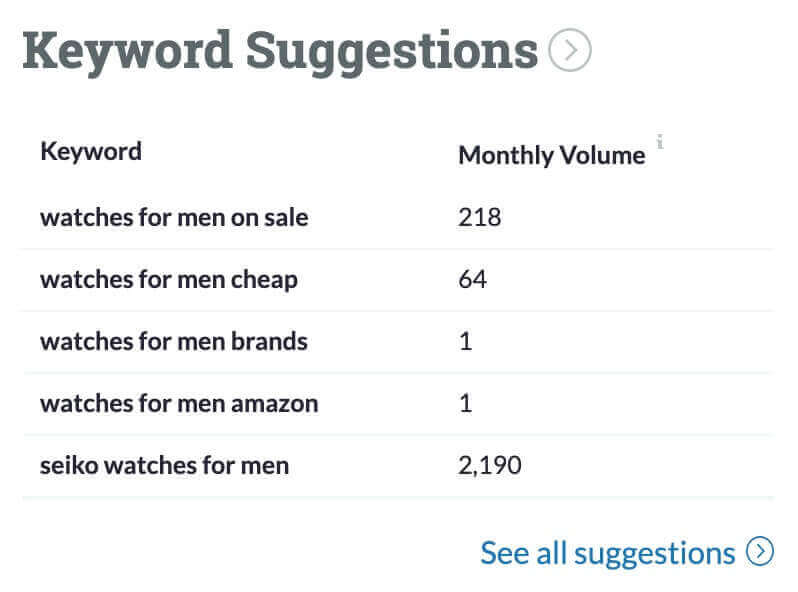Ugh… What should I blog about?
This question has crossed the mind of many bloggers. And if you’re reading this, chances are it’s crossed your mind too.
If you plan on making a living with your blog, it’s crucial that you choose a topic that:
- People are searching for
- Solves a problem they’re having
- You’re good at (or want to get good at)
There’s no point in writing about the best winter hats for penguins if no one’s searching for that.
The goal of this article is to help you brainstorm some blog topics and teach you how to do market research so you can figure out which one would be best to blog about.
Contents
- Brainstorm blog niches
- Check if people are searching for your niche
- Check if your blog niche is profitable
- Choose a domain name
- Mistakes new bloggers make
Disclosure: You should always assume that pretty much every link on this site is an affiliate link, and if you click it and buy something you like, I’ll earn some money to help me buy a DeLorean, build a time machine, and travel back to the 90s so I can watch Hey Arnold! and eat Dunkaroos again.
Grow Your Business on the Side
Free 5-day blogging bootcamp!
STEP 1: Brainstorm Blog Niches
To figure out what to blog about, you can look into your expertise, achievements, passions, and hobbies.
- Do you love anime?
- Are you into plants?
- Do you like sports?
- What about fashion?
- Are you a sneaker addict?
- Can’t live without your hair products?
Here are some other questions you could try answering:
- What’s something people are constantly asking you for help with?
- What’s something you do very day that you take for granted?
- What do you do for work? Can you teach others how to do it?
- Is there something you’ve always wanted to learn?
Also, think about the qualifications you have and how you can help others reach their goals.
For example, as a bodybuilding enthusiast, people would always come to me for help on getting fit.
I started coaching people in 2016, but it wasn’t until 2018 that I officially launched my fitness coaching business.
When I started that business, I didn’t know anything about blogging. I just built a website so people could read about my services.
It wasn’t until a few months later that I learned I could use blogging as a way to get more eyes on my business.
So my fitness business didn’t start with the goal of “making money blogging.”
And I believe this is how you should think about yours as well. Think about your business and blogging as two separate things.
Blogging is just a tool used to increase brand awareness and get more traffic to your business.
I also have an industrial engineering degree, which required me to take a few programming classes.
This helped me get the hang of the more technical aspects of maintaining a website a little faster.
Fun fact: I actually hated programming classes back in college.
Now it’s one of my favorite things to do and keep learning about.

Anyway, I use it to help people with the more technical aspects of blogging.
In fact, I used to help people with their blogs even before launching this one.
And it wasn’t uncommon to get messages like this after helping them:

As I mentioned earlier, people won’t mind spending money as long as you’re solving a problem they have.
At the end of the day, it’s about what you can do for them, not what they can do for you.
Basically:
- I started my fitness business because people were constantly asking me for help on losing weight and building muscle.
- I then started this blog because people were constantly asking me for help with WordPress and blogging in general.
I saw where I was needed the most and where I was being the most useful and developed my businesses around those areas.
STEP 2: Check If People Are Searching for Your Niche
Now that you’re done brainstorming potential blog topics, you want to check if people are actually searching for them.
Using Google Trends
Google Trends is a free tool you can use to see the popularity of a topic.
It’ll show you if people are searching for your topic and how their interest has changed over time.
Here’s how to do it:
- Think of the most common search terms for your niche
- Go to Google Trends
- Type in your search terms
- Change the view to 5 years for a better perspective

As you can see, the interest for “watches for men” seems to stay pretty consistent over the years with a spike around Christmas season.
Keep in mind that numbers do not represent search volume.
These numbers are just a way to measure how a topic compares to other topics.
If you want to compare other search terms you’ve gathered against each other, you can do so by clicking “+ Compare.”

As you can see, “watches for men” is more popular than “wallets for men,” which means it might be a better topic to blog about.
Doing Keyword Research
Since Google Trends only shows you the popularity of a term compared to others, you still need to find how many people are actually searching for terms in your niche.
To do this, you must think of a few common search terms people in your niche would type.
Then, you can use a free tool like Moz Keyword Explorer to find their search volume.
Here are a few search terms for our “watches for men” niche example:
- Mens watches
- Leather watches for men
- Smart watches for men

Another cool thing about Moz Keyword Explorer is that it’ll also show you other related keywords, which is great for getting more ideas.

So what am I looking for, exactly?
Ideally, the main keywords for your niche should have a few thousand searches per month.
This will allow you to cover many different blog topics that people are searching for.
From our example, you can see that the keyword “watches for men” has between 11,500 to 30,300 monthly searches, which is great.
STEP 3: Check If Your Blog Niche is Profitable
Truth is, you can make money in almost any niche depending on your business strategy and the size of your audience.
However, some niches will be easier to monetize than others.
To check if a blog niche is profitable, you want to see if there are other bloggers or companies making money there.
Here are 5 ways to do so:
1. Check for Best-Selling Books on Amazon
Go on Amazon and search for books on your niche, if there are best-sellers, it means that there’s money to be made.
2. Check for Google, Pinterest, and Instagram Ads
Do a simple Google search for your niche and see if any ads pop up in the search results.

If you see some ads, it means that it’s a profitable niche.
Companies wouldn’t spend money on ads if they weren’t getting anything in return.
Keep in mind that a lack of ads doesn’t mean that the niche isn’t monetizable, it just means that you might have to do more research.
3. Check Other Successful Blogs
When checking other successful blogs, you want to see how they’re monetizing it.
Here are a few things to look for:
- Ads
- Memberships
- eBooks
- Courses
- Affiliate products
For example, The Spruce Pets monetizes their blog with both ads and affiliate products.

Keep in mind that if your goal is to monetize with ads, you’ll need more traffic to generate a full-time income.
Some ad networks even require you to have a certain number of pageviews per month to get accepted.
Check out my article on the best ad networks for bloggers to explore more.
4. Check for Affiliate Programs
Affiliate marketing is when you earn a commission by promoting someone else’s product.
Some affiliate marketing platforms where you can find products in your niche are Clickbank and ShareASale.
You could also look for products or stores in your niche to see if they have an affiliate program.
Here are a few keywords you can try searching for:
- *name of store* affiliate program
- *name of store* affiliates
- *product name* affiliate program
5. Could I Create My Own Product?
If you’re just starting out, I would not recommend creating your own product just yet.
Creating your product can take a lot of planning, time, and effort.
What if you spend all that time and effort and no one likes or needs your product?
My recommendation is to test the waters with affiliate products.
Once you find an affiliate product that sells well with your audience, you can go ahead and create your own.
All you would have to do is replace the affiliate product with yours.
STEP 4:Choose a Domain Name
This is something beginners spend a lot of time on, but they shouldn’t.
Truth is, it’s difficult to come up with the “perfect” name.
My advice would be to keep your domain name very broad so that if you ever decide to change sub-niches, you won’t have to rebrand.
If you know exactly what you want, you don’t have to worry about this.
You can explore my post on how to choose a domain name if you need some help.
Mistakes New Bloggers Make
Next, we’ll go over some of the most common mistakes beginner bloggers make when deciding what to blog about.
Avoiding these mistakes will save you a lot of time, money, and frustration.
1. Going for a Broad Topic
Don’t start a blog about every topic you’re interested in.
Not only will this take away from giving 100% to one topic and making it work, but also cause Google to have a hard time categorizing your blog and seeing you as an authority.
I’m not saying that you can’t make money if you have a broad blog topic.
There are some successful lifestyle bloggers.
I’m saying that it’s going to be a little more difficult and time-consuming.
If you’re a beginner, your best bet is to niche down.
Here are a few examples:
- Cars > Ferrari
- Anime > Dragon Ball
- Weight Loss > Weight loss for women over 40
- Anxiety > Treat anxiety for teens
- Fitness > How to build muscle for busy men
- Fashion > Wallets for men
- Fashion > Sundresses for women
- Home > Fixing Your A/C
- Decor > Home office decoration
- Tech > Laptops
- Dating > Long-distance relationships
As some people like to say: “the riches are in the niches.”
Another trick is to look for what other big blogs are covering and target one of their sub-niches.
Niching Down Will Make You Look Like an Authority
For example, let’s say you’ve been craving pasta for weeks, and you finally get the chance to eat some.
Would you go to a TGI Fridays or an Italian restaurant?
Probably an Italian restaurant, right?
I mean, TGI Fridays sells pasta too, but I would trust more the pasta from an Italian restaurant that specializes in just that.
Obviously, there are exceptions to the rule, like The Cheesecake Factory.
They have like a 100-page menu and everything I’ve tried is good.
2. Jumping on a Niche Just Because It’s Profitable
While you want to make sure that your blog topic is profitable, you don’t want to jump on it just because of the money.
Blogging and building a successful business is difficult.
You’ll definitely have days when you’ll want to quit, and if you don’t like what you’re writing about, you won’t even hesitate to do so.
As I mentioned earlier, the key to building a successful business is to solve a problem people are having and liking what you’re doing.
If you study people who have accumulated a large amount of wealth, you’ll notice two things about them:
- Their products help the world in some way
- They keep working regardless of how much money they have
Let’s take a look a big companies and how they’re helping.
- Amazon – fast and convenient online shopping.
- Tesla – electric vehicles to reduce emissions that contribute to climate change.
- Neuralink – making prostheses more affordable.
- Hyperloop – reducing cost of tunneling through the ground.
For example, if Elon Musk’s goal was to make so much money that he wouldn’t have to work another day in his life, he’d be retired on a fancy island by now.
His drive goes beyond money, it’s about making the world a better place.
And that should be the goal of your business as well.
You don’t have to make a huge impact on the world, but you need to make an impact on those who need you.
Besides, if you want to do something you don’t like just because of the money, you might as well keep going to your day job.
3. Switching Plans Too Soon
People are always moving on to the “next big thing” trying to make money quick.

They get excited when they see others succeeding and throw away all the progress they’ve made and start from zero with a different plan.
Those people would be more successful if they stayed in their lane and focus on themselves.
There will ALWAYS be a “new big thing,” if you keep switching directions, you’ll never reach the finish line.
4. Spending Too Much Time Finding Their Passion
When I was a teenager, I was into photography.

In my early 20s, I was into Brazilian JiuJitsu.

In my mid 20s, I started bodybuilding.

I’m now in my late 20s and have no idea what my passion is.
Don’t get me wrong, I like bodybuilding, but I’m not sure that’s my “passion.”
Here’s the thing, some people are born with the privilege of knowing exactly what they want out of life.
Some others don’t, and that’s okay.
Others find their passion along the way.
The reason you might not have found it might be because you haven’t tried it yet.
Another thing you must know is that people love it when they’re good at something.
Let’s say you like dog training, but it isn’t your “passion.”
Once you start getting good at it, and people come to you for advice on how to train their dogs, your love for dog training might grow.
So if you haven’t found your passion, don’t worry.
Just start your blog.
5. Being Afraid of Competition
Should I get into a competitive or empty blog niche?
This is another common question beginner bloggers ask themselves.
While being the first in a popular niche can give you an edge, the internet is so crowded that it’s uncommon to find a profitable niche that doesn’t have people in it.
If a niche is competitive, it means there’s money to be made there.
The key here is to find a profitable blog niche and add your own unique twist to it.
Competition Brings Traffic
Those bloggers you consider your “competitors” are actually a great source of traffic.
Bloggers are often collaborating with each other to increase their search engine rankings and get more traffic.
The most common way of collaboration is what’s called guest blogging.
Bigger bloggers are often too busy to write articles, so they accept guest posts from other bloggers to have content to show their audience.
When you write a guest post for another blogger, they’ll typically let you add a backlink to your site.
This will help you bring some of their audience to your website and increase your rankings in search engine result pages (SERPs).
Competition Makes Research and Testing Easier
Another great thing about competition is that you can see which monetization methods are working well for your niche.
You can see which products do well and go ahead and create yours.
Without competition, you’d have to spend several months creating a product and then see if it sells.
If it doesn’t, then you’d have to spend several months creating a different product.
Final Thoughts on What to Blog About
Here’s everything we’ve covered about choosing a blog topic in a nutshell:
- Your blog topic should be something people are searching for
- Your blog topic should solve a problem people are having
- Blog about something you’re good at (or want to get good at)
- Your blog topic should be profitable
- The riches are in the niches
If you need help with anything else or just want to connect, you can join my free private Facebook group.

